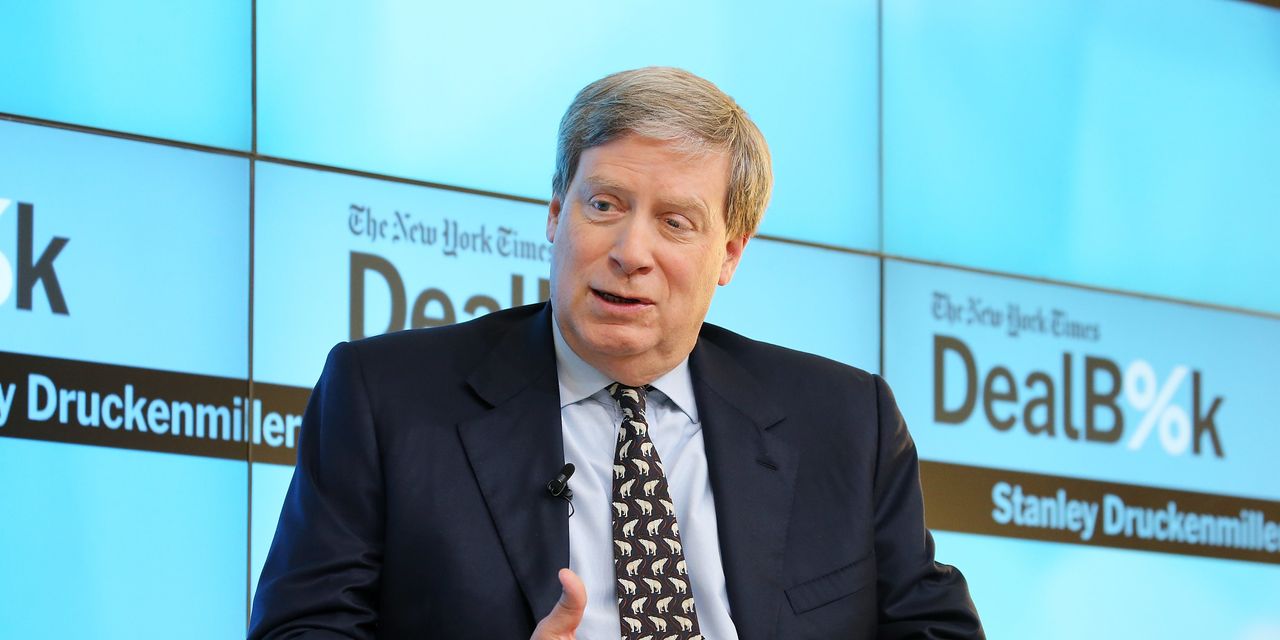Treasury Secretary Janet Yellen has some explaining to do, according to billionaire hedge-fund titan Stanley Druckenmiller.
Yellen missed an important opportunity, Druckenmille says, by not issuing more long-dated Treasury bonds when interest rates were near zero during the aftermath of COVID-19.
“Janet Yellen, I guess because political myopia or whatever, was issuing 2-years at 15 basis points…when she could have issued 10-years at 70 basis points or 30-years at 180 basis points,” the former hedge-fund manager said during a conversation with Paul Tudor Jones at the Robin Hood Investors Conference, a clip of which circulated Monday on X, the social-media platform formerly known as Twitter.
“I literally think if you go back to Alexander Hamilton, it is the biggest blunder in the history of the Treasury,” Druckenmiller said.
This omission seems even more egregious, according to Druckenmiller, considering that Americans refinanced their mortgages at rock-bottom rates en masse, while corporations with sturdy credit ratings refinanced their debt.
“I have no idea why she hasn’t been called on this. She has no right to still be in that job.”
“When rates were practically zero, every Tom, Dick and Harry in the U.S. refinanced their mortgage…every corporation was extending their debt,” he said.
He then rattled off some alarming numbers to illustrate the consequences of not reining in spending.
“Here’s the consequences, folks. When the debt rolls over by 2033, interest expense is going to be 4.5% of GDP if rates are where they are now. By 2043 — it sounds like a long time but it is really not, it is 20 years — interest expense as a percentage of GDP will be 7%. That is 144% of all current discretionary spending,” he said.
According to 10-year projections released earlier this year by the Congressional Budget Office, the federal government’s nonpartisan budget agency, annual federal outlays are expected to swell to nearly $10 trillion by 2033 compared with nearly $6.3 trillion spent in 2022.
It is projected that in 2033 the deficit — that is, the amount of federal expending that exceeds income — will be more than $2.8 trillion, twice the $1.38 trillion from 2022.
“Interest expense alone will be 144% of all discretionary spending, so the politicians who are telling you, and who think they are not going to cut entitlements, it is just an outright lie,” Druckenmiller said.
To be sure, Yellen wasn’t the only Treasury secretary to preside over this latest round of near-zero interest rates. Steven Mnuchin served as Treasury secretary under President Donald Trump and didn’t leave office until January 2021.
The Fed cut its benchmark policy rate to near zero during March 2020 as the COVID-19 pandemic upended global markets and the economy. They remained at that level until March 2022, when the central bank embarked on what would become the fastest pace of rate hikes since the 1980s. Recently, the Fed’s rate hikes and investors demanding a greater term premium have helped push yields on long-dated Treasurys to their highest levels in 16 years.
Druckenmiller rose to fame on Wall Street for his work managing George Soros’s Quantum Fund. Druckenmiller also earned a stellar record at his former hedge fund, Duquesne Capital Management, which he closed in 2010 before converting it into a family office.
Representatives for the Treasury Department didn’t return a request for comment from MarketWatch. But the department on Monday released its latest borrowing estimates for the fourth quarter, saying it expects to borrow $776 billion, which is $76 billion lower than the prior estimate made in July.
See: Treasury cuts its fourth-quarter borrowing estimate
Read the full article here













Leave a Reply